The East London School Combining Creativity and Technology for an Engaging Learning Experience
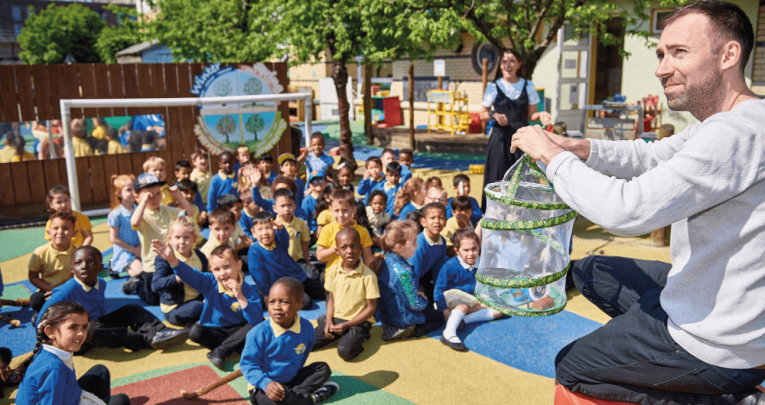
“It’s about maintaining standards but at the same time making this a really fun and exciting place to work,” says Britannia Village head of school Kiel Richardson…
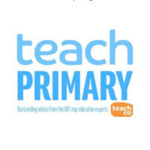
- by Teach Primary
- Leading professional development magazine for KS1 and KS2 educators

“It’s usually the case that heads have a favourite focal point for their schools or something they’re obsessed with,” Kiel Richardson tells me as he leads me into the playground of Britannia Village “When I was a teacher in Yorkshire, the head there was obsessed with toilets.”
But Kiel is no longer a teacher in Yorkshire. He’s head of school at this thoroughly modern primary tucked into the brave new version of the Docklands in the London Borough of Newham. And the object of his obsession? “My favourite thing is our library bus,” he tells me, pointing to the brightly coloured double decker – although pointing isn’t strictly necessary, as it’s difficult to miss.
There’s more to this bus than meets the eye, though. Downstairs, yes, there’s a library, but upstairs, a surprise: a radio station.
“We have a radio club and the children devise their own shows and music is pumped out to the playground,” says Kiel. This is confirmed to me later in the day when strains of Crazy Frog enliven the East London air. “It’s a really good speaking and listening incentive,” insists Kiel. “They do announcements, they do jokes. They’re really good at it and it’s not a bad system.”
The head’s passion for the school extends far beyond the library bus though, which becomes clear as he shows me around and gives me some background.
Kiel delights in pointing out to me that the school’s design is based around a maritime theme, with porthole-style windows. “And the classrooms are based around ships that used to dock nearby, such as the Mauretania, the Rangitata and SS Robin.”
The area has seen plenty of change over recent years, with extensive redevelopment. In fact, there’s an active push at the school to keep children in touch with the heritage of the locality.
“We’re researching into the history of the area at the moment because we don’t want to lose that and obviously there are a lot of significant events that happened here, particularly around the docks and factories like Tate & Lyle,” explains Kiel. “We’re seeking information from local folk to give us a better picture.”
Reflecting the changes, the school has a mixed socio-economic intake. Kiel tells me there are families residing in multi-million-pound penthouses and others are living in local authority housing. There’s no particular dominant ethnicity around the school, though. “We like that,” says Kiel. “There’s a unified, harmonious feeling among our children, our families and the wider community.”
The school is approaching its 20th anniversary, having opened in September 1999. Kiel came on board 12 years ago.
“I did an MA in applied theatre,” he explains. “I started it in my native Yorkshire and taught there for three years, then came down here and did supply work. Then I found this school and fell in love with its ethos of creativity. We’re a hub of curiosity and engagement.” Kiel started as creative arts leader. “I helped to sort our productions and support the teachers working on drama and applied theatre. I gave the productions a structure so they would link to the curriculum and each child could be involved.” Having progressed from a middle leader to assistant head, then to deputy head, Kiel is in his first year as head of school. He took the reins shortly after Britannia Village converted to an academy in June 2017. In fact, Britannia Education Trust is opening a new school across the road in September – which makes sense because the existing one is currently oversubscribed.
With 470 children in total, Britannia Village accommodates 30 in nursery in the morning and 30 in the afternoon, and then there are three classes of 20 per year group, from Reception all the way to Y6.
“That’s one of the big appeals of our school,” says Kiel. “You can have much stronger quality-first teaching with fewer pupils per class.”
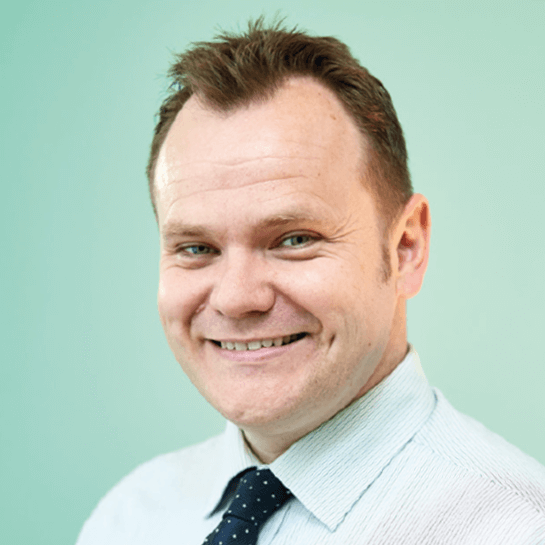 Name: Britannia Village Primary School
Head of school: Kiel Richardson
Location: Newham, London
Ofsted rating: Outstanding
Size: 470 pupils
Extra info: Part of the Britannia Education Trust academy
Name: Britannia Village Primary School
Head of school: Kiel Richardson
Location: Newham, London
Ofsted rating: Outstanding
Size: 470 pupils
Extra info: Part of the Britannia Education Trust academy
1 | Game changer
The system of small classes was implemented by Kiel’s predecessor, Linda-May Bingham, who now leads the academy as executive head. Although Britannia Village currently boasts ‘outstanding’ status, its start to life as a school was more difficult, which resulted in the introduction of the equivalent of special measures. However, Linda-May’s arrival in 2005 was the “game-changer”, according to Kiel.
One of the key measures she implemented was a new behaviour-management system, which still exists today. “It’s all about consistency,” says Kiel. “It’s not just about consequences but also about reward and encouragement, and there’s a big emphasis on respect.”
There are five core rules at Britannia Village, which read: we’re kind, helpful and respectful; we are enthusiastic and try our best; we look after our school and everything in it; we keep our hands and feet to ourselves; and we listen and speak clearly.
The rules are also color-coded and the younger children are awarded stickers as well as verbal praise. As the children get older they earn citizenship points and a competitive element is encouraged.
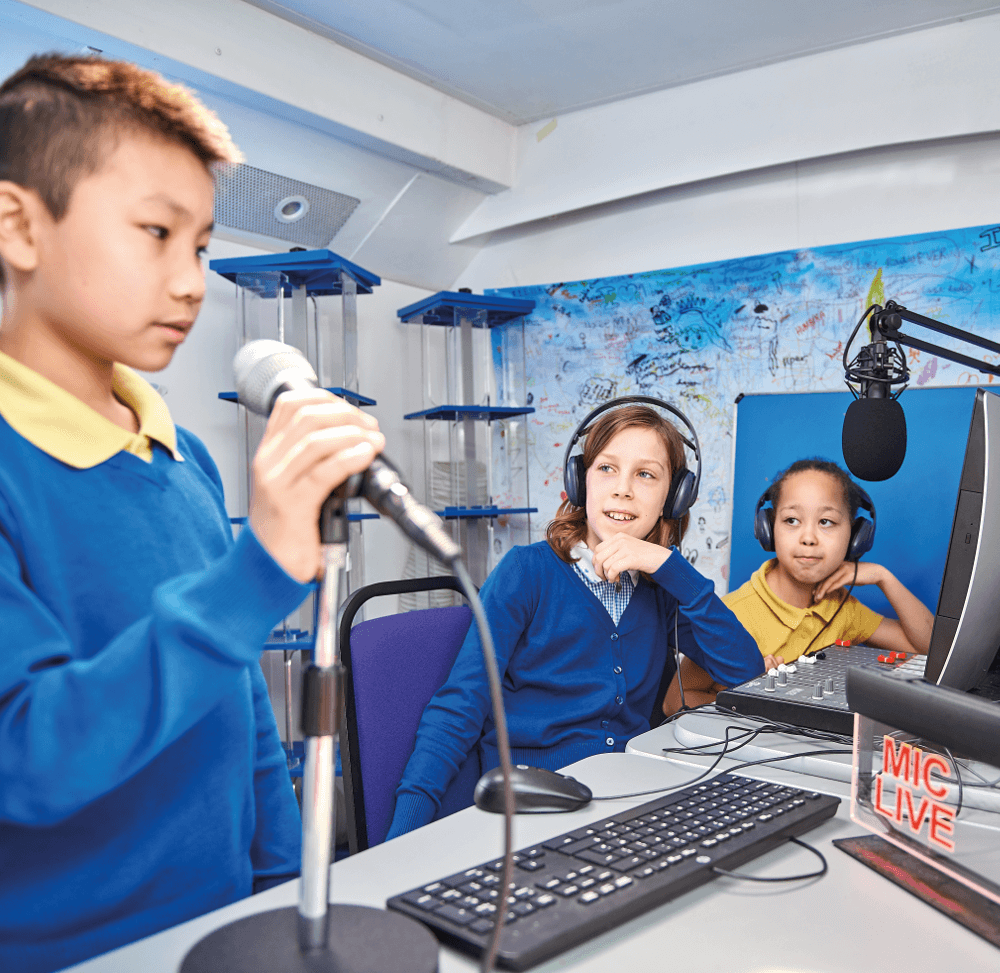
2 | Linking up
But the real big bang at Britannia Village was the introduction of a thematic, linked, creative curriculum. “We make everything link as much as we can,” explains Kiel. “Everything is as integrated as possible, apart from maths, which is separate because we use maths mastery.”
The school started by using the IPC – the International Primary Curriculum. It then adapted it with other resources to “give us adequate progression and skills linked to thematic learning”.
Kiel explains how it works: “We dedicate time to focused areas of the curriculum. So at the start of the year we had a big focus on how we make our world a better place, global citizenship and looking after our environment. We also have book week, which we dedicate to launching a text and getting children excited about reading. “We then have three core themes in the year. For example, Y4’s was ‘scavengers and settlers’ in the autumn term, ‘chocolate’ in the spring term and ‘gruesome London’ in the summer term. We have ‘big questions’ too. This year’s was all about growth mindsets, how our brains work. “Then with science, because not all of it fits thematically, we have ‘investigate weeks’ that cover certain areas of science. For example, one of the investigate weeks last year was to do with biomimicry and how science in nature helps technological advances. We had things like designing a superhero outfit that you could use with biomimicry to link in with the Avengers.”
When the curriculum was first introduced, the teachers were thoroughly consulted “to bring them along on the journey”. It was also important to make them aware of the task at hand; even with the creative curriculum in place, staff’s full support and understanding was required to make it fully integrated and thematic.
“We’re still on a journey but we’re comfortable that what is being delivered is a very good quality of education,” says Kiel. It has also been important to get parents on board, and they’re invited into school for topic showcases at the end of every theme, where the children present their learning and adults have the opportunity to speak to the children about what they’ve learnt. The children can also evaluate their learning via Google forms (more of that later). “So there’s an ongoing reflective process,” says Kiel. Head of school and executive head work closely, and Kiel’s admiration for Linda-May is clear. “She’s a really inspiring person,” he says. “She’s worked incredibly hard to gather and hold together a team of leaders and teachers to build the school and sustain excellence. It’s about maintaining standards but at the same time making this a really fun and exciting place to work.”
It certainly appears to be a happy community at Britannia Village. The children are all on a first-name basis with the teachers and adults – the philosophy behind the policy being that “respect doesn’t come from a name, it comes from a person”.
Kiel also explains that the children don’t pay for their educational visits. “We fund that,” he says. “The only visits the children contribute towards are residentials. Y5, for example, will go to France, where we have a partner link with a school in Lille, and we go to Paris as well. That’s subsidised by the school and the children contribute.” The families, says Kiel, are very grateful and supportive. He adds: “We have a very good PTA that organises events for us so there is a community link that we have here. “We also have a good trust board, made up of experienced educational people. There’s a mixture of headteachers in there, people who have been involved heavily with local authorities before.”
3 | Future of learning
There’s something else of significance that Britannia Village has in its armoury: technology – and lots of it. All the children from Y2 to Y6 have Chromebooks, and make use of G Suite cloud-based software, as do the staff. Mathletics, which is heavily used, syncs to the system too.
The decision to invest in the Chromebooks was made around two years ago. “It’s very cost-effective,” says Kiel. “The Chromebooks boot up instantly, and the administration can be done internally.”
The initiative has been so successful that Britannia is now a Google reference school. “It’s given us the opportunity to showcase ICT and be a platform for excellence,” Kiel explains. “We’re always asked to present for Google at the BETT Show.”
A tour of the school also reveals a recent investment in new screens for classrooms. “It’s about preparing our children for the future,” insists Kiel.
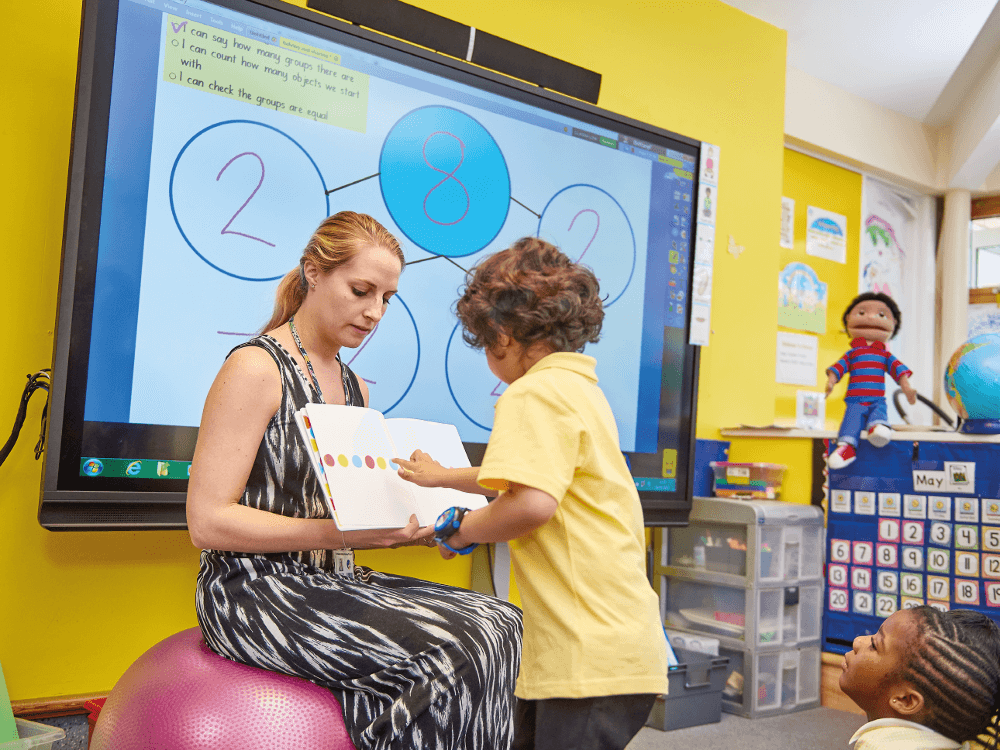
4 | Work hard, play hard
At the heart of Britannia Village, though, remains creativity, with an onus on fun. A prime example is a project from last Christmas.
Kiel explains: “We had Santa come in and deliver some boxes, but the children soon saw they were empty. We explained, ‘Well, the boxes are a portal to the North Pole and you’ve got to work really hard, and then the elves will fill the boxes.”
With the boxes placed in the classroom, the children soon heard the elves were indeed working – thanks to Bluetooth speakers hidden inside. But there was more to the plan.
“One day, the children discovered that the boxes each had a door, and the elves had escaped.”
Not only had they made a run for it, but the elves busied themselves with all kinds of mischief. Things started to go missing. The elves took words and letters from displays and also pilfered all of the school’s poetry books. Naturally, the children became suspicious.
Kiel explains: “Father Christmas then wrote them a letter saying, ‘Look, I’m really sorry about this. My Elves do love poems. If you could write them some poetry, it would be brilliant.’ So, the children the children wrote poems and posted them in the boxes. Then on the last day of term, they opened the boxes and they were filled with presents for the children, which were poetry books, with a special message for each child in rhyme.” However, the elaborate reveal didn’t go quite according to plan. “At the staff pantomime, we put the elves on a zip wire and they were supposed to come down right at the end. The idea was that they’d zip-wire down and we’d be able to hear them saying things like, ‘Oh no, they’ve discovered us, we need to go back to the North Pole!’” However, the plan went awry when the device was tripped midway through the performance. “So all of a sudden there was a scream from a teacher mid-scene as all these elves came down. They were just suspended in the hall for a good 30 or 40 minutes until the end of the pantomime. In the end we had to get on the microphone and have the elves tell the children to go to their classrooms to see what’s there.”
As everyone at Britannia Village knows, technology is great – but it can let you down!”
Pupil voice
Fope
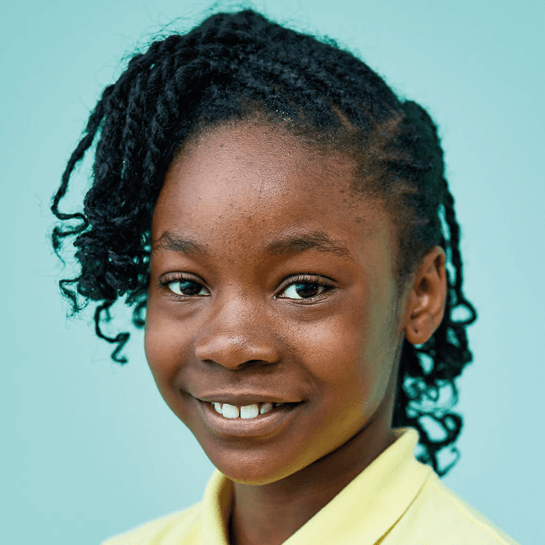 At my old school we had laptops and they didn’t really work properly but at this school we have Chromebooks and they’re really good. They make it really easy to access the internet and we get to learn about Google Docs.
At my old school we had laptops and they didn’t really work properly but at this school we have Chromebooks and they’re really good. They make it really easy to access the internet and we get to learn about Google Docs.
Lucas
 I really like learning maths because I find it challenges you a lot. We use Mathletics and that really helps us. Sometimes we have to complete a quiz for homework and get 1,000 points. It makes it really interesting.
I really like learning maths because I find it challenges you a lot. We use Mathletics and that really helps us. Sometimes we have to complete a quiz for homework and get 1,000 points. It makes it really interesting.
Nuquari
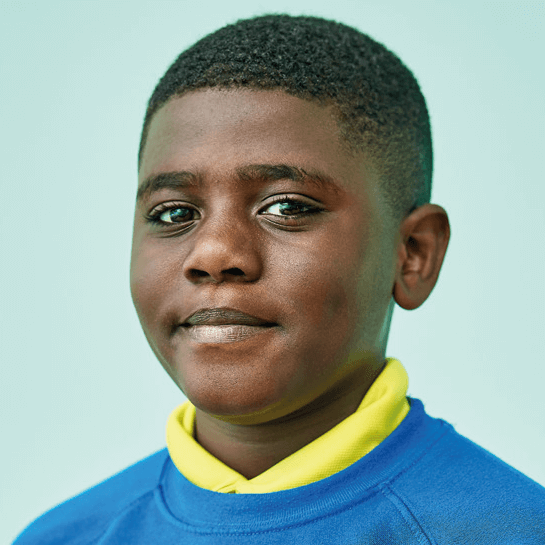 I’m one of the ‘digi champions’. We had to answer a series of questions, like, ‘Are you confident speaking to crowds?’ We’ve had visitors from places like Sweden and Denmark and we give talks. We also presented at the BETT show.
I’m one of the ‘digi champions’. We had to answer a series of questions, like, ‘Are you confident speaking to crowds?’ We’ve had visitors from places like Sweden and Denmark and we give talks. We also presented at the BETT show.
Vanessa
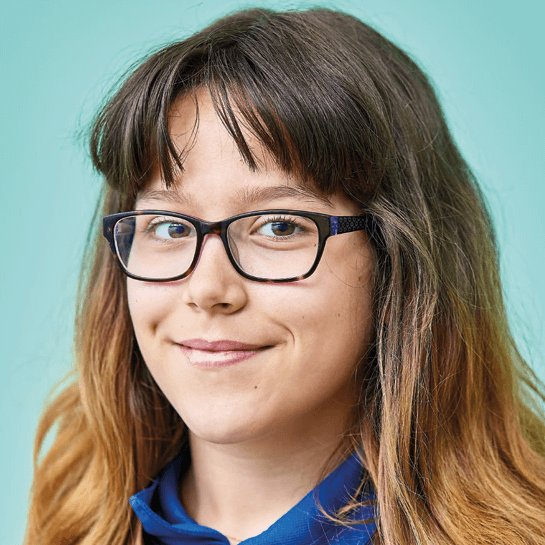 Every lesson at this school is interesting. Everyone is very kind to me here and the amount of support that each student gets is incredible. Everyone has a special place at this school and every single child gets the teachers’ attention.
Every lesson at this school is interesting. Everyone is very kind to me here and the amount of support that each student gets is incredible. Everyone has a special place at this school and every single child gets the teachers’ attention.
Meet the staff
Luke Craig, ICT & Y4 leader
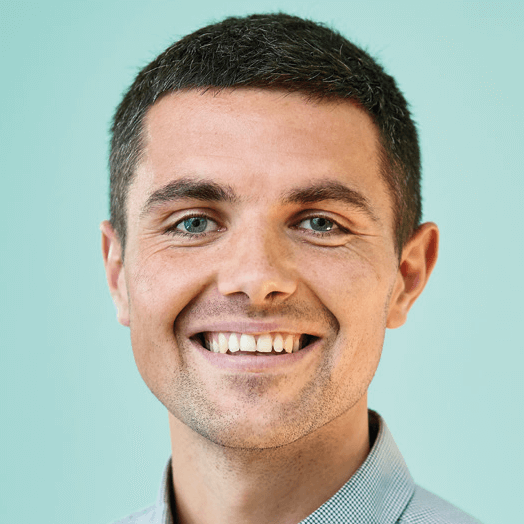 I took over the role about three or four years ago and trying to be ICT leader was difficult because the laptops were rubbish! They were never charged and they didn’t connect to the WiFi. There were so many issues. So in 2017 we had a complete overhaul. We got Chromebooks, everyone had training and now we’re a Google reference school.
I took over the role about three or four years ago and trying to be ICT leader was difficult because the laptops were rubbish! They were never charged and they didn’t connect to the WiFi. There were so many issues. So in 2017 we had a complete overhaul. We got Chromebooks, everyone had training and now we’re a Google reference school.
Nicola Hambilton, Y2 teacher
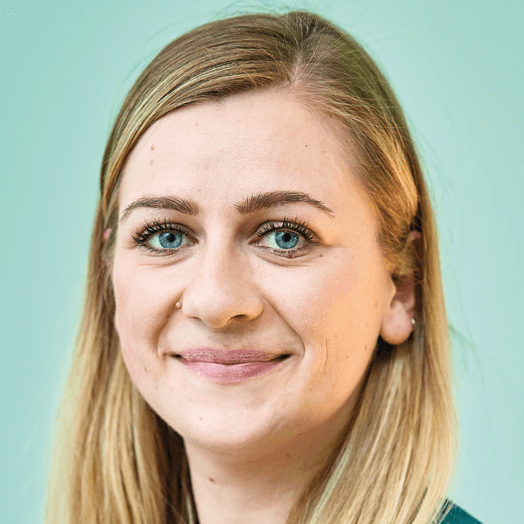 We get such a good amount of time to spend on each topic so the children are really invested in it. The favourite in Y2 was ancient Egyptians. We had children dressing up as mummies and used VR headsets to see what it would be like in a tomb. And the writing was of a very high standard because of it.
We get such a good amount of time to spend on each topic so the children are really invested in it. The favourite in Y2 was ancient Egyptians. We had children dressing up as mummies and used VR headsets to see what it would be like in a tomb. And the writing was of a very high standard because of it.
Sean Hearty, Y3, leader
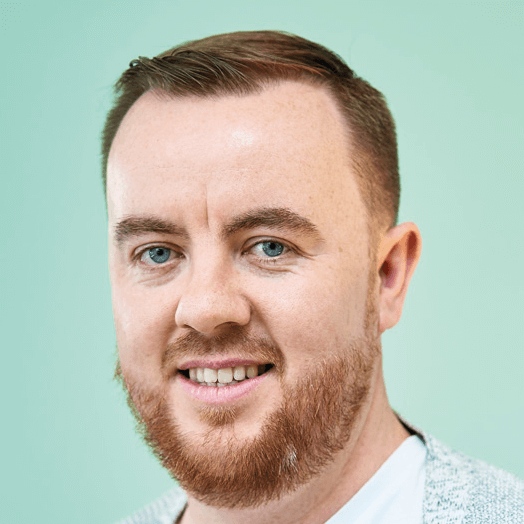 The technology helps the children to engage that bit more in every lesson. As opposed to the old-fashioned style of teaching where everything is on paper and saying, “Read this,”, the children immediately want to start putting in comments on docs and sharing with each other, making suggestions. It starts your lesson off in a better place each time.
The technology helps the children to engage that bit more in every lesson. As opposed to the old-fashioned style of teaching where everything is on paper and saying, “Read this,”, the children immediately want to start putting in comments on docs and sharing with each other, making suggestions. It starts your lesson off in a better place each time.
Halima Khanom, Y5 & maths Leader
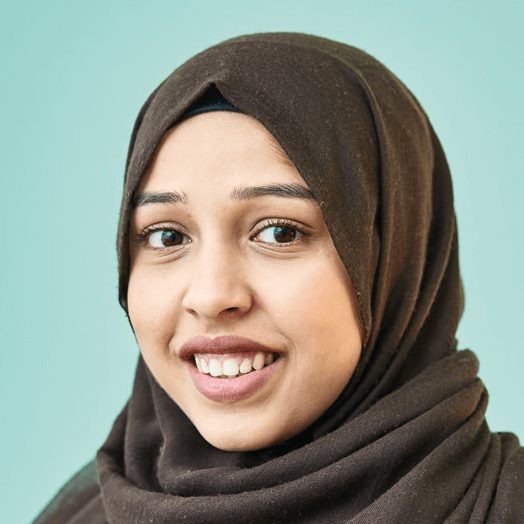 The children really respond to the thematic learning. Instead of doing history on its own, geography on its own, science on its own, it all links and shows the relevance of the topic. The children take more ownership and talk about what they should be learning and what they want to learn about, and then explore it through all the links.
The children really respond to the thematic learning. Instead of doing history on its own, geography on its own, science on its own, it all links and shows the relevance of the topic. The children take more ownership and talk about what they should be learning and what they want to learn about, and then explore it through all the links.
5 ideas to magpie from Britannia Village
- Link your curriculum across subjects by introducing topic themes. Then ask core questions around them. This engages children and increases their dept of knowledge, as well as joining up learning to make facts and analysis more relevant.










